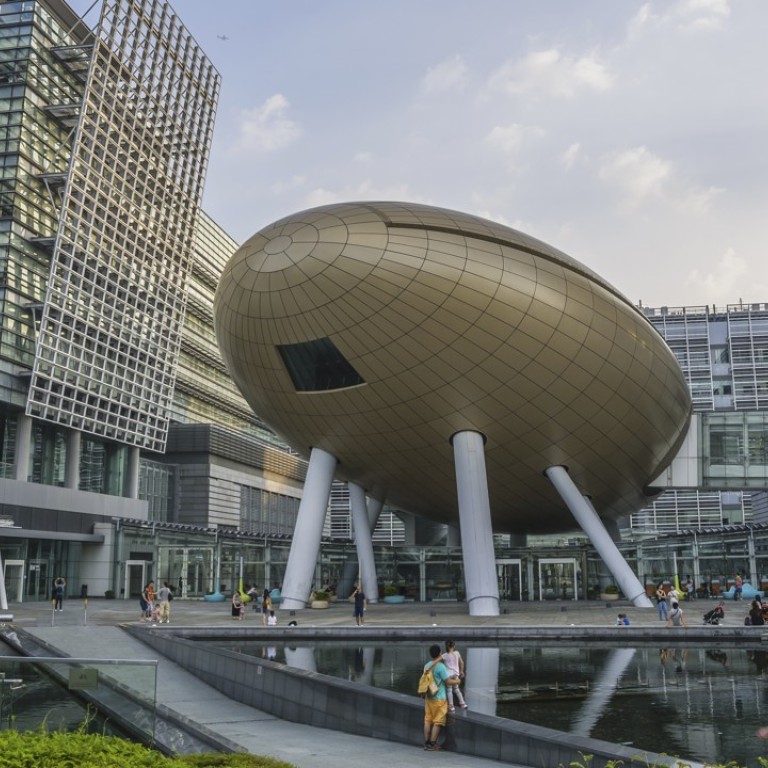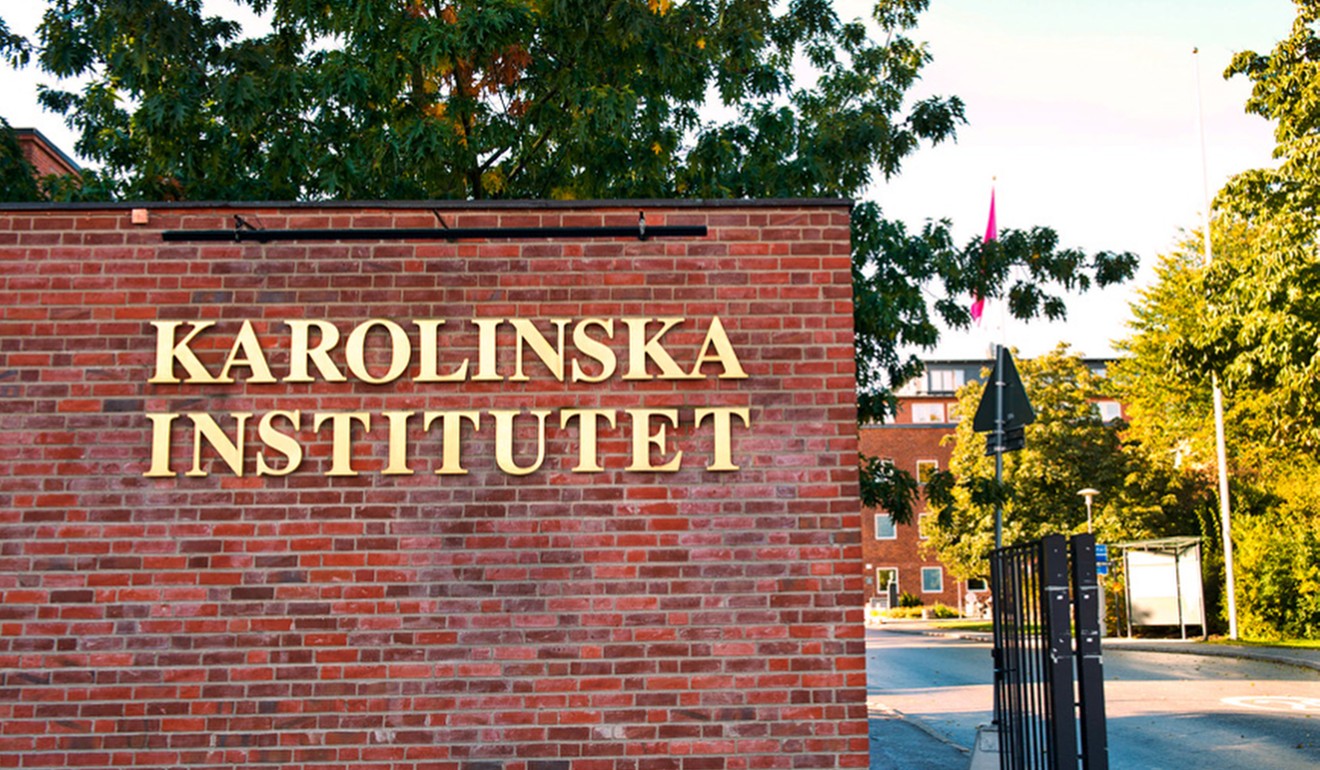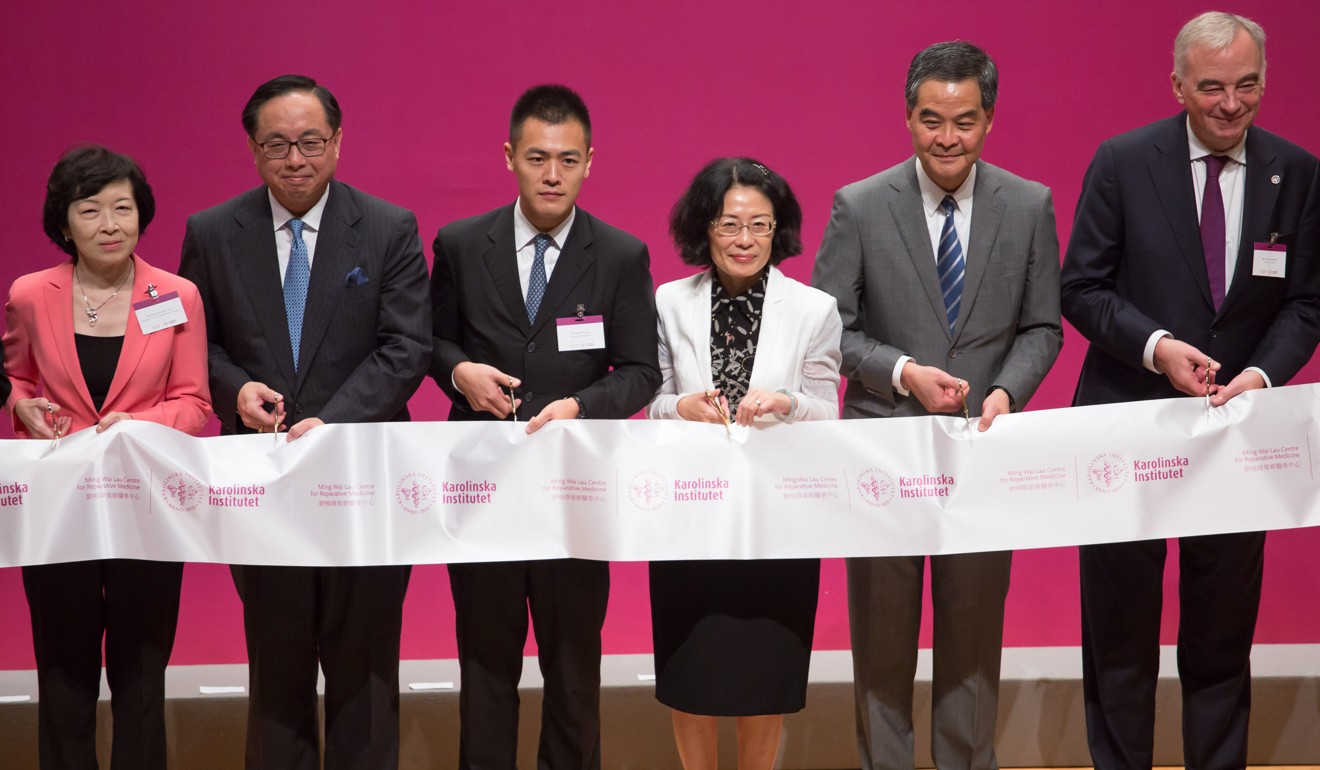
Science Park boss rejects claims of meddling in academic freedom of Swedish university’s research branch in Hong Kong
Fanny Law went to Hong Kong branch of Karolinska Institute’s Ming Wai Lau Centre for Reparative Medicine for research ahead of her trip to Stockholm
The head of Hong Kong’s Science Park has rejected accusations of meddling in the academic freedom of a top Swedish medical institute’s local research branch.
Park chairwoman, Fanny Law Fan Chiu-fun, said she made a last-minute fact-finding visit to the Karolinska Institute’s Ming Wai Lau Centre for Reparative Medicine ahead of a trip to Stockholm to meet with its dons. She had decided to do so because she did not want to visit the main outfit without knowing beforehand its work in Hong Kong.
The executive councillor and former education chief was accused of interfering in the centre’s research operations by visiting at such short notice and asking to know what its researchers were working on.
Law disputed allegations that she had then flown to Stockholm requesting to meet with the school’s management after learning that the centre’s Hong Kong director, Professor Ronald Li, was out of town.
“We had arranged the Sweden trip before I visited the centre,” Law told the Post on Monday.

The branch, which opened at the Science Park in Sha Tin last year, rents about 10,000 sq ft of space.
Law said she had not communicated with the university nor visited the centre since attending the opening ceremony in 2016.
“Because the project was of high importance to [then chief executive] Leung [Chun-ying] and considering it is an anchor for regenerative medicine research, I felt I needed to go to Stockholm to meet with the new vice chancellor,” Law said.
“I asked myself – if I’m going to go all the way to Stockholm and I haven’t even visited the Hong Kong centre … how would we [be able to discuss] what the Hong Kong centre is doing?”
Law said she had chatted with the centre’s principal investigators – many of them young Chinese graduates of the Stockholm university – about what they were doing, the challenges they faced and whether the liaison with local universities had been successful.

She also talked to them about “visions for the Greater Bay Area” and their role in helping turn it into a “leading biotech centre”.
“[The centre] told me Li would not be back for quite a while. I thought, [Li] doesn’t necessarily have to be here, I’m just here for fact finding … I had no intention of checking up on them.”
Vice chancellor Ole Petter Ottersen, who posted a blog following the incident stressing the need for its researchers “to carry on their activities in complete academic freedom” said he was “very pleased” to receive Lam’s assurance.
Asked whether the park had the right to ask about research, Law said all prospective tenants had to file applications regarding their planned focus. The park then conducted an annual business review.
“This is a long-standing requirement,” Law said, but stressed her visit was not part of the review.

